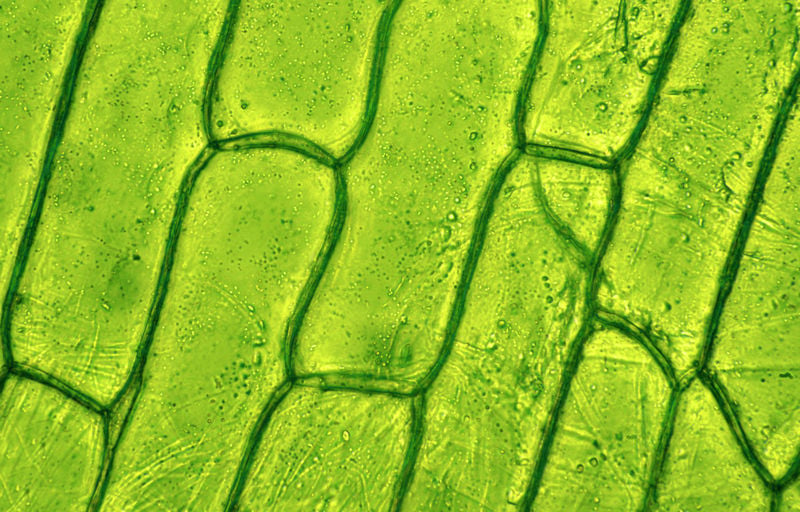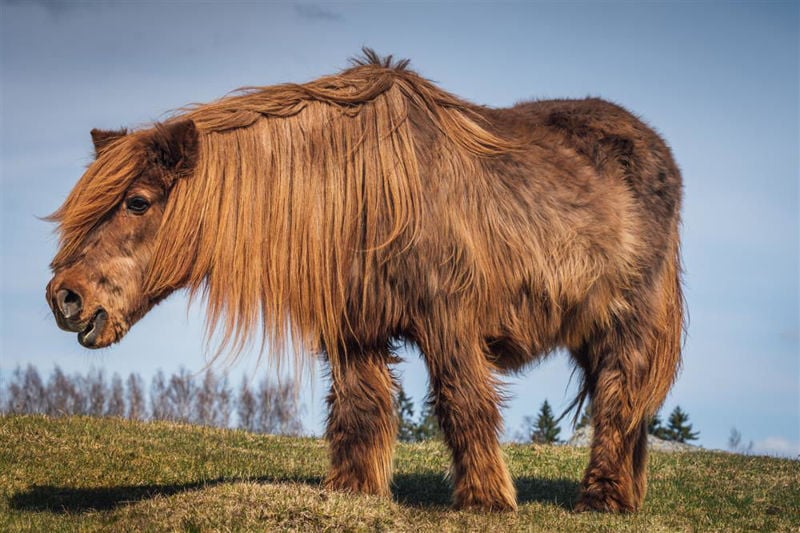As horse managers we are aware that time at grass is important for our equine companions. Dr. Simon Daniels explores what is the real nutrient content of grass for horses.
Filters
Blog Options
Blog archive
- 2026
- 2025
- 2024
- 2023
- 2022
- 2021
- 2020
- 2019
- 2018
- 2017
- 2016
- 2015
Close
45 YEARS AT THE CENTRE OF EQUINE NUTRITION™

- Bespoke All-in-One™
-
Products
- Back
- Horse Joint Supplements
- Horse Digestion Supplements
- Horse Muscle Supplements
- Horse Vitamins & Minerals
- Horse Calming Supplements
-
Horse Respiratory Supplements
- Back
- Clarity®
- Horse Hoof Supplements
- Horse Skin & Coat Supplements
- Horse Health Supplements
- Supplements for Older Horses
- Horse Breeding Supplements
-
Horse Hormone Supplements
- Back
- Hormonease™
- Horse Treats
-
Herbs for Horses
- Back
- Boswellia
- Burdock Root
- Celery Seed
- Chamomile
- Chastetree Berry
- Cider Apple Vinegar
- Cinnamon
- Clivers
- Comfrey
- Dandelion Roots & Leaves
- Devil's Claw
- Echinacea
- Fenugreek Seeds
- Fussy Feeder
- Garlic Powder
- Hawthorn
- Hedge Herbs
- Liquorice
- Marigold Flowers
- Marshmallow Root
- Meadowsweet
- Milk Thistle Seeds
- Mint
- Nettle
- Rosehips
- Seaweed
- Slippery Elm
- Spirulina
- Turmeric
- Yucca
- Canine
- Gift Cards / Rewards
- ABOUT US
- Contact Us
- Knowledge base
Menu
-
Products
- Back
- Horse Joint Supplements
- Horse Digestion Supplements
- Horse Muscle Supplements
- Horse Vitamins & Minerals
- Horse Calming Supplements
-
Horse Respiratory Supplements
- Back
- Clarity®
- Horse Hoof Supplements
- Horse Skin & Coat Supplements
- Horse Health Supplements
- Supplements for Older Horses
- Horse Breeding Supplements
-
Horse Hormone Supplements
- Back
- Hormonease™
- Horse Treats
-
Herbs for Horses
- Back
- Boswellia
- Burdock Root
- Celery Seed
- Chamomile
- Chastetree Berry
- Cider Apple Vinegar
- Cinnamon
- Clivers
- Comfrey
- Dandelion Roots & Leaves
- Devil's Claw
- Echinacea
- Fenugreek Seeds
- Fussy Feeder
- Garlic Powder
- Hawthorn
- Hedge Herbs
- Liquorice
- Marigold Flowers
- Marshmallow Root
- Meadowsweet
- Milk Thistle Seeds
- Mint
- Nettle
- Rosehips
- Seaweed
- Slippery Elm
- Spirulina
- Turmeric
- Yucca
- Canine
- Gift Cards / Rewards
- ABOUT US
- Contact Us
- Knowledge base
Dr. Stephanie Hyland BSc (Hons)
 Call Stephanie Hyland MSc RNutr. or
Call Stephanie Hyland MSc RNutr. or
Sophie Pelham Burn MMedSci ANutr.
on 0800 585525 for
free qualified equine nutrition advice
 Call Stephanie Hyland MSc RNutr. or
Call Stephanie Hyland MSc RNutr. or
Sophie Pelham Burn MMedSci ANutr.
on 0800 585525 for
free qualified equine nutrition advice
Blog posts tagged with 'laminitis'
Our nutritionist discusses hormone imbalances in equines – discover tips on managing non-shedding winter coats along with optimising health and comfort through nutrition.
As your horse’s routine changes with the seasons, are you making adjustments to their diet? Our Nutritionist warns of important steps to take to ensure your horse’s safety, and gives an easy guide on how to introduce new feeds gradually.
Flushes of fresh grass can be a common but dangerous occurrence at this time of year. Due to the recent weather, a dramatic growth in grass is causing some horses and ponies to gain undesired weight.
Summer can be a wonderful time to get out and about with your horse and have some fun, however the high temperatures can prove dangerous for some horses and result in dehydration and heatstroke. It is therefore important to take on certain management practices to keep your horse happy and healthy in the heat.
We’ve probably all heard the phrase “No hoof, no horse” but perhaps never really thought much of it - did you know that the horse’s hoof contains complex structures which scientists are still trying to understand today!?
The horse is known as a hindgut fermenter, this means that they break down a large amount of fibre in the large intestine. Our Nutritionist investigates prebiotics and probiotics, explaining what they are and why they are important in the equine digestive system.
With the country in lockdown, many horse owners have decided to turn their horses out 24/7, therefore, following correct paddock management techniques is vital to ensure that your grass is well looked after and growing as efficiently as possible! Our Nutritionist explains what you should be doing to maintain your paddocks at this time of year...
Carbohydrates are an essential part of the horse’s diet. Did you know that fibre, sugar and starch are all carbohydrates? High fibre diets are very common; however, many horses may require a low starch and sugar diet - especially those prone to laminitis, EMS and tying up. To discover the ins and outs of carbohydrates and what they mean for your horse, read our Nutritionist's new blog.
Our Nutritionist explains the nutrients which grass provides and what you may need to consider when checking your horse’s field. We also discuss various different grazing methods for horses, as well as vital management practices which will help to give your horse the perfect paddock.
Does your horse have Laminititis or Equine Metabolic Syndrome (EMS)? Our Nutritionist explains these debilitating conditions and how you can manage your horse to reduce the risk...
Copyright © 2026 Feedmark Ltd. All rights reserved.
Feedmark, Harleston, IP20 0NY

